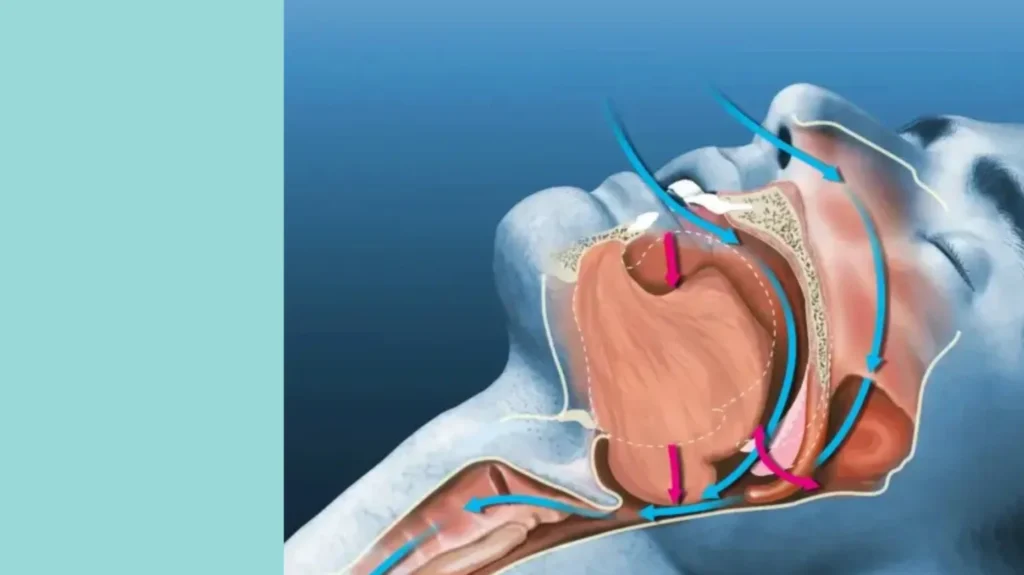Sleep apnea and snoring management
Hong Kong dentist WhatsApp provides firsthand answers to questions about sleep apnea and snoring management.
How do I know if I have sleep apnea?
Sleep apnea and snoring are two common sleep disorders that significantly impact health and quality of life. While they have different causes and symptoms, they are often related. If you suspect you have sleep apnea, you can check for the following symptoms for an initial assessment.

- Severe snoring – Loud snoring that stops intermittently, then suddenly resumes loudly.
- Frequent sleep apnea and hypopnea, along with symptoms of sleep dysfunction. Adults: More than 5 apneas per hour, each lasting more than 10 seconds.
- Daytime sleepinessEven after getting enough sleep, I still feel tired and drowsy.
- Memory decline and difficulty concentrating
- Morning headache
- Frequent urination at night
Sleep apnea and snoring management fees
2025 Hong Kong Sleep Apnea and Snoring Management Fees
Different degrees of sleep apnea and snoring can affect the use of equipment and materials:
Treatment of sleep apnea and anti-snoring teething gel
HKD$6,500+
Overnight teeth grinding prevention braces
HKD$4,500
Sports teething gel
HKD$3,500
Managing sleep apnea and snoring
The All-On-4 full mouth dental implant procedure in Hong Kong in 2025
All-On-4 full-mouth dental implants have a relatively quick treatment time; many patients can complete the surgery and get temporary dentures fitted within a day. However, the overall treatment still consists of multiple stages. Below is a detailed schedule of days and times.
Types of sleep apnea
Sleep apnea is mainly divided into three different types, each with slightly different causes and treatments:
| type | Common population |
| Obstructive sleep apnea (OSA) | Obese, middle-aged men, enlarged tonsils, and patients with nasal allergies |
| Central sleep apnea (CSA) | Stroke, brain trauma, heart disease patients |
| Mixed sleep apnea (MSA) | The condition is complex and requires professional diagnosis and comprehensive treatment. |
Managing common sleep apnea and snoring problems
Managing sleep apnea and snoring requires not only medical intervention but also adjustments to lifestyle habits and continuous monitoring.
uncertain. Snoring is the sound caused by vibrations in the airway and may only be a slight obstruction. However, if the snoring is loud and stops intermittently, or is accompanied by symptoms such as daytime sleepiness and poor memory, it may be a sign of sleep apnea.
- Cardiovascular diseases:It can increase the risk of heart disease, high blood pressure, and stroke. Repeated breathing pauses can cause a drop in blood oxygen levels, increasing the burden on the heart.
- Daytime sleepinessPatients may experience extreme fatigue during the day, which can affect their work and daily life performance and increase the risk of accidents such as traffic accidents and workplace accidents.
- Metabolic problemsSleep apnea is associated with metabolic syndrome and may lead to problems such as obesity, diabetes, and fatty liver.
- Mental health issuesInsufficient sleep can lead to anxiety, depression, and other mental health problems. Patients may experience mood swings, irritability, or difficulty concentrating.
- cognitive declinePoor sleep quality can affect memory, learning ability, and mental clarity, leading to poor concentration and slow reaction time.
- Impaired immune systemInsufficient sleep may weaken the immune system, making the body more susceptible to infections and diseases.
Snoring is a low-pitched sound produced during sleep, usually caused by vibrations caused by airflow passing through the relaxed tissues of the throat.
- Anatomical structureSuch as a deviated nasal septum or abnormal jawbone structure.
- Upper airway obstructionSymptoms include nasal congestion, enlarged tonsils, or laxity of the throat tissues.
- Lifestyle factorsObesity, smoking, drinking alcohol, and the use of certain medications can all increase the risk of snoring.
Potential health problemsSnoring can be an indicator of sleep apnea, and if left untreated, it can lead to health problems associated with sleep apnea, such as cardiovascular disease and metabolic issues.
Snoring is a common sign of sleep apnea, with about 90% of sleep apnea sufferers exhibiting noticeable snoring. Snoring is usually caused by partial obstruction of the airway, resulting in airflow vibrating soft tissues (such as the tongue and soft palate). Snoring occurs when the airway is slightly narrowed; complete or severe obstruction leads to breathing apnea, or sleep apnea. However, not all snorers have sleep apnea; some people snore due to a deviated septum, nasal polyps, or obesity, without experiencing breathing apnea.
Multi-viewing sleep gaiters (PSGs) assess sleep quality and structure by simultaneously recording multiple physiological indicators. A PSG can be attached to the patient's head, face, neck, chest, abdomen, hands, and feet. After falling asleep, data is transmitted and recorded electronically using sophisticated electronic instruments to track specific physiological activities during sleep. This helps determine if the patient has sleep apnea. Doctors can monitor the test subject's physiological state using the instrument, such as breathing, heart rate, chest and abdominal movement, snoring, eye movements, sleep posture, and blood oxygen levels, to calculate the hourly asphyxia index and determine if the patient has sleep apnea.
Appointment management of sleep apnea
You can book an appointment online at Chi Ren Dental Clinic for dental care and sleep apnea/snoring management. For any dental, sleep apnea, or snoring issues, you can also WhatsApp us first, and a dentist will answer your questions personally.
